Canada
About Canada
Canada is continuously voted one of the best countries in the world. It is famous for its high standard of living, clean environment, outstanding infrastructure, and low crime rate.
Citizen By Investment Canada
Country Information
Regarding land area, Canada is the second-largest nation in the world. It has incredible natural scenery and sophisticated, progressive cities.
Population:
N/A
38.2 million
Languages:
N/A
English, French
Economy:
N/A
Advanced, market-based
Currency:
N/A
Canadian dollar
Citizen By Investment Canada
Moving to Canada
Canada occupies a significant northern portion of North America, sharing land borders with the adjacent USA to the south and with the US state of Alaska to the northwest. Canada is the largest country in the region and the second-largest country in the world by total area (including its waters) after Russia. At 4 individuals per square kilometer, the density of the population is one of the lowest on the globe. Canada has far more lakes than any other country and has much of the world’s fresh water. Canada is a member of the OECD and the Group of Eight (G8) and one of the world’s wealthiest nations having a high per-capita income. It ranks among the world’s top 10 trading nations. As per the Heritage Foundation’s Index of Economic Freedom, Canada is a mixed economy with scores higher than the USA and most Western European countries.
Since the early 1990s, the Canadian economy has been increasing, with low unemployment rates and large government surpluses on the federal level. Today, Canada closely resembles the USA in its market-oriented economic system, production pattern, and high living standards. In the past century, the growth of the mining, manufacturing, and service sectors has transformed the nation from a largely rural economy into a primarily industrial and urban one. Like other developed countries, the service sector, which employs about three-quarters of Canadians, leads the country’s economy. However, unlike other developed nations, Canada places great importance on the primary sector, with the country’s two most significant sectors being timber and oil.
Canada is one of the few advanced nations that are net energy exporters. Atlantic Canada has vast offshore natural gas deposits and extensive oil and gas resources in Alberta. Canada has the second-largest oil reserves in the world, after Saudi Arabia, due to the massive Athabasca tar sands. Hydroelectric power is a cheap and clean renewable energy source in British Columbia, New Brunswick, Newfoundland, Labrador, Manitoba, Ontario, and Quebec. The Canadian Grasslands are considered one of the most effective of canola, wheat, and other grains, making Canada one of the largest global suppliers of agricultural products.
Canada is the world’s largest producer of uranium and zinc and a world leader in many other natural resources such as aluminum, gold, lead, and nickel — many towns in the northern part of the country, where agriculture is complex, depending on a nearby mine or source of timber. Automobile and aerospace production are the 2 main sectors in Canada, which also has a sizable manufacturing industry based in southern Ontario and Quebec. Since 2001, Canada has successfully avoided economic recession and has maintained the best overall financial performance in the G8. Canada’s federal government has progressively reduced the national deficit since the mid-1990s and has declared yearly budget surpluses.
Canada’s financial sector has grown to be one of the most vibrant in the world in the past ten years. Its relaxed lifestyle, stable political, justice, economic, and social environment, excellent educational and health system, multilingual population, and well-known tolerance of other cultures make Canada one of the most sought-after destinations to work, invest, live, and raise children.

